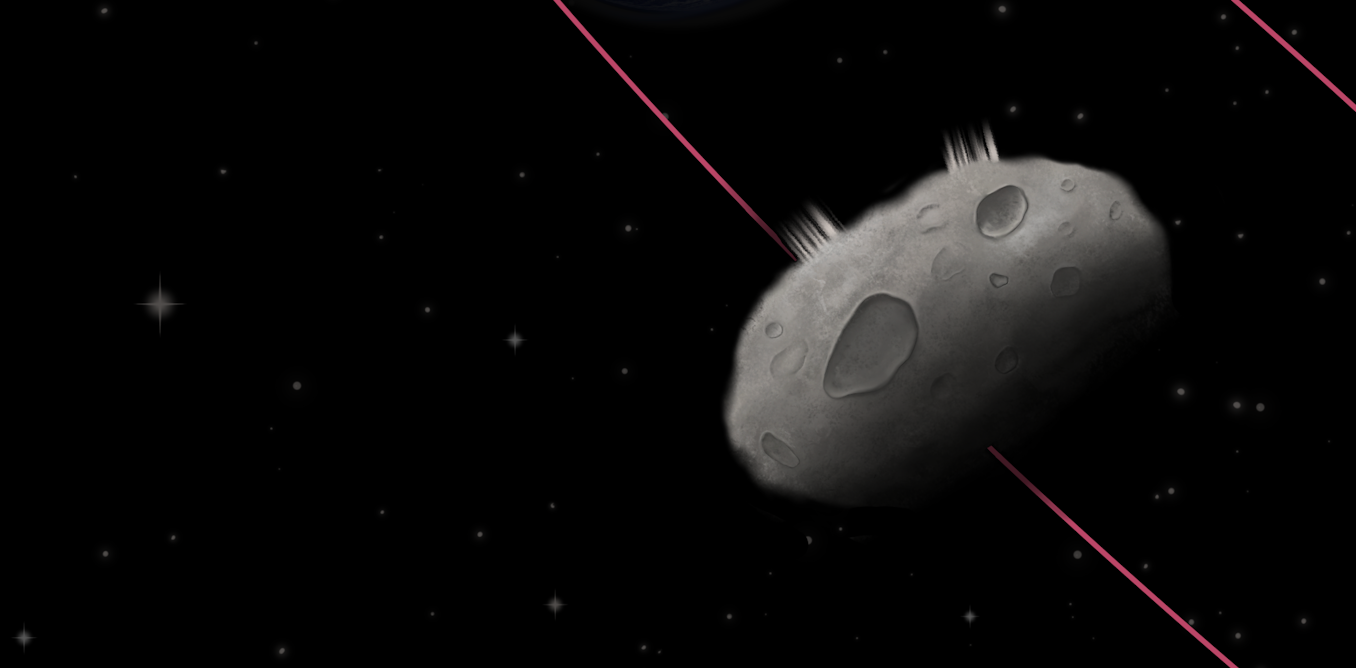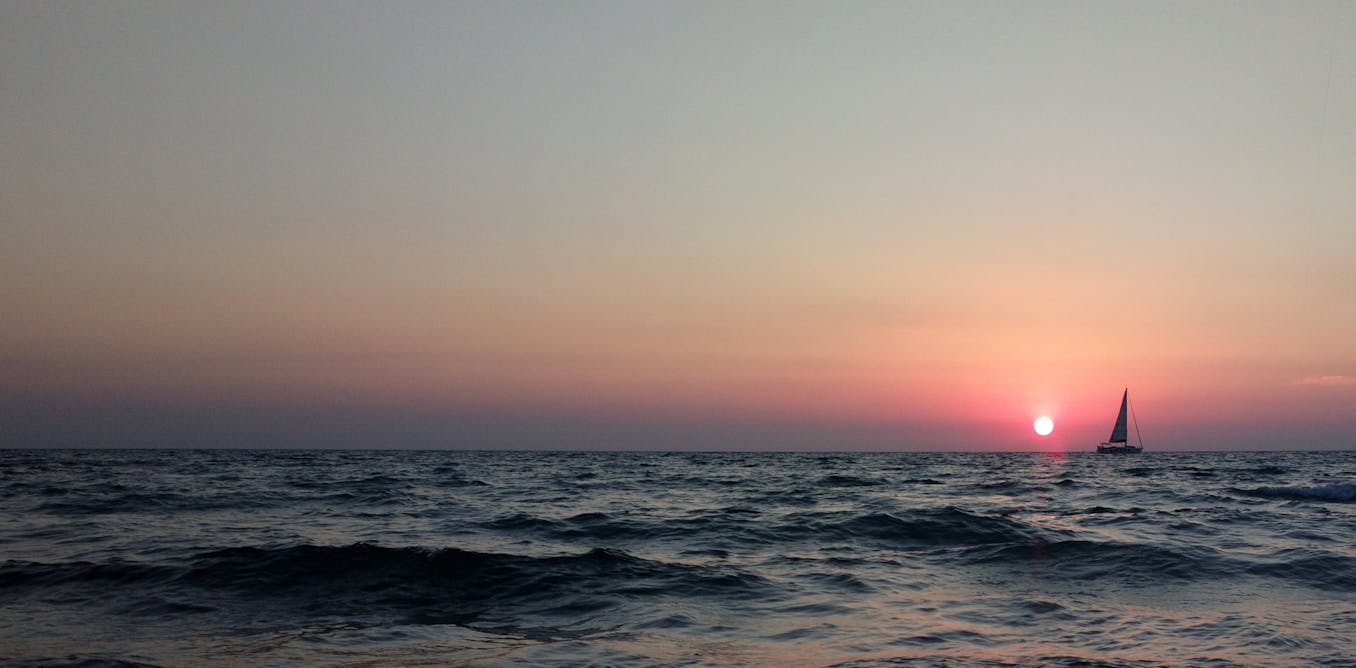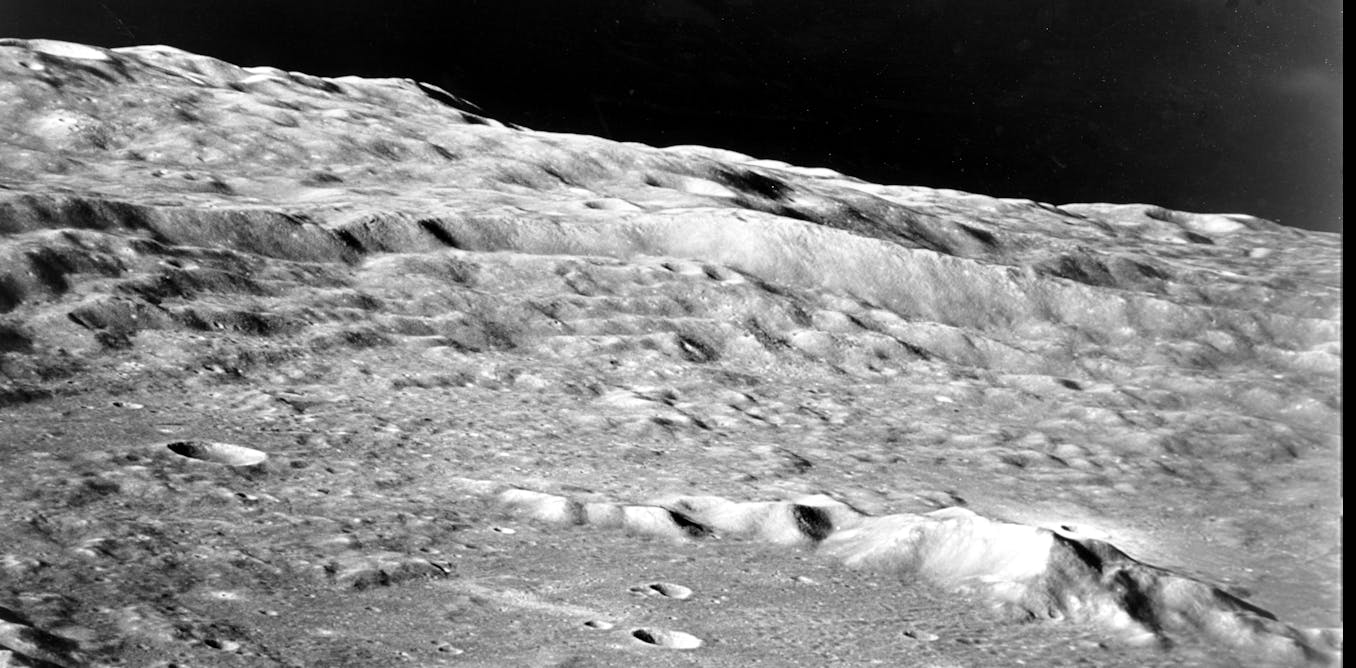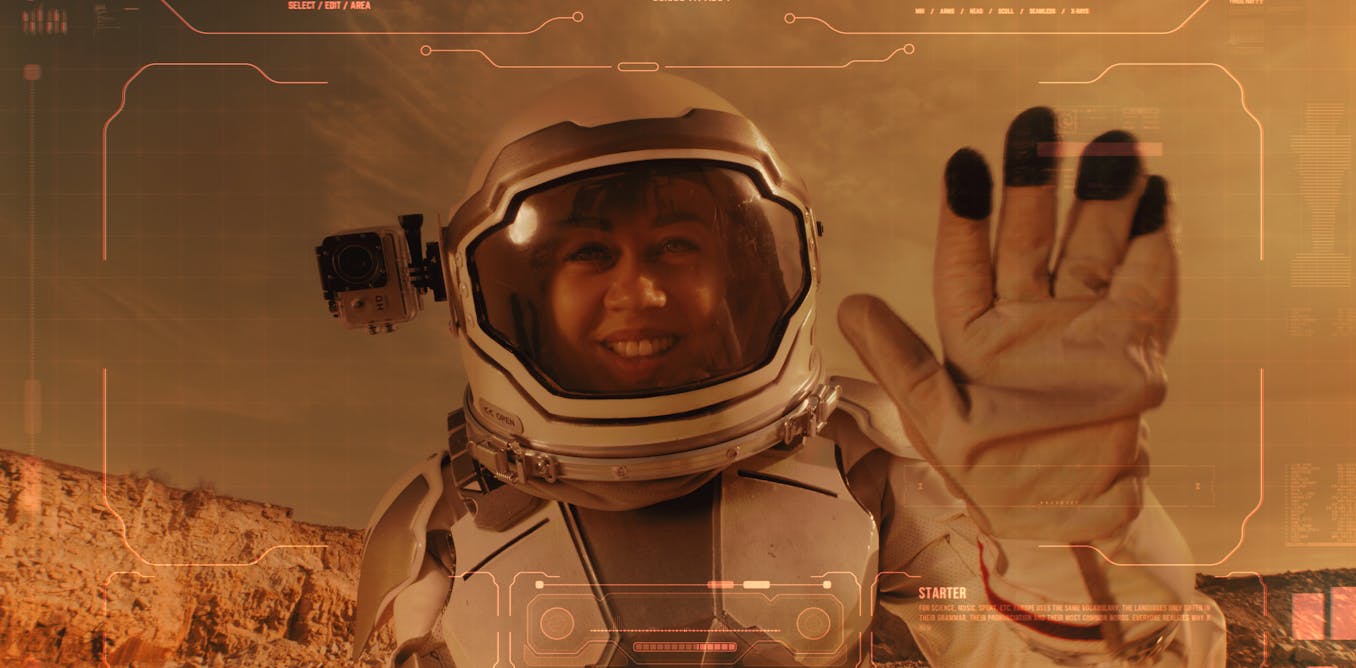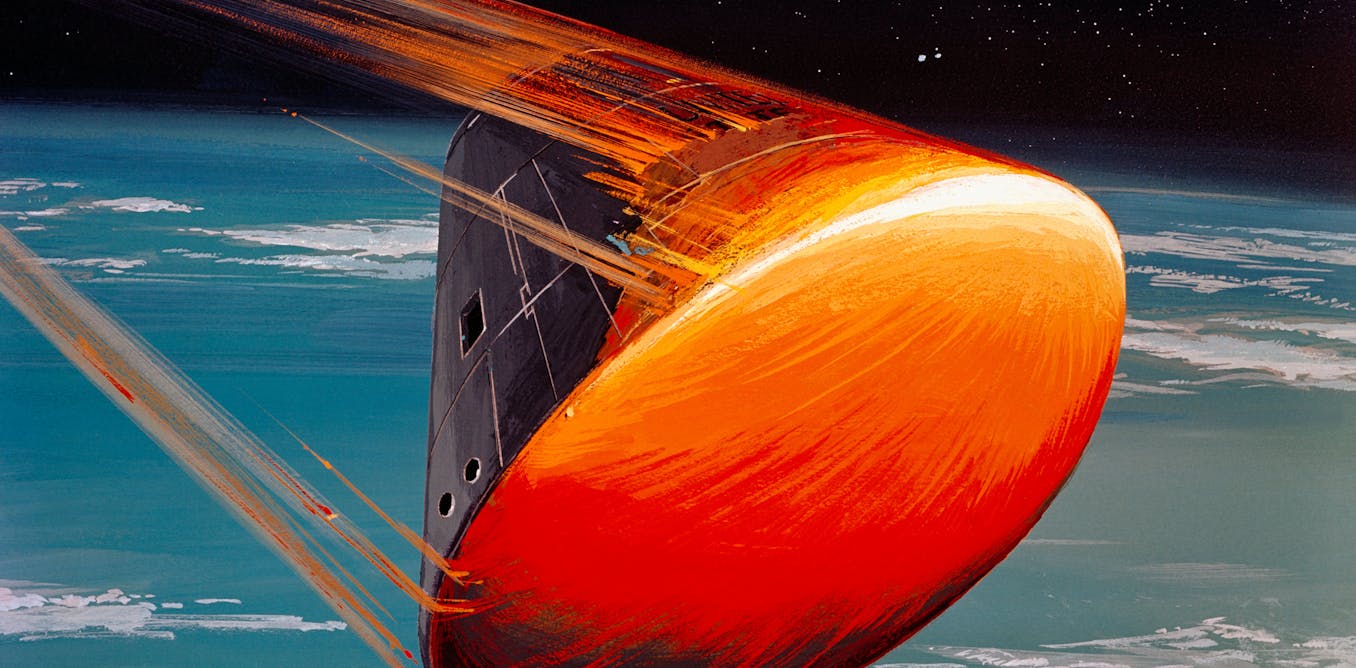2 populations of dark comets in the solar system could tell researchers where the Earth got its oceans
Comets without tails, called dark comets, are a newly discovered space object. Now, astronomers know they come in 2 classes.
Dec. 20, 2024 • ~8 min

